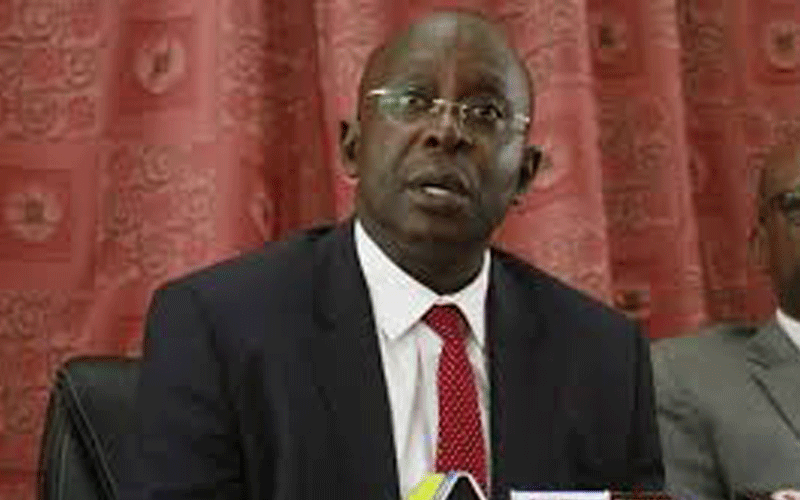Senators fault hospitals for detaining bodies over bills
By Hillary Mageka, April 28, 2020Hillary Mageka @hillarymageka
Senators have raised the alarm over the continued detention of patients and deceased persons in private hospitals over non-payment of outstanding bills.
The lawmakers say the incarceration of patients has gained social acceptance with most Kenyans being forced to mobilise funds from family, friends and other well-wishers to secure the release of their kin, instead of challenging the illegal detention by hospitals.
National conversation
Senate Health Committee chairperson Michael Mbito now wants a national conversation around financing and regulation of the health sector to eliminate arbitrary pricing, thereby addressing one of the root causes of this detentions.
Senator Mbito said there were countless accounts of distraught families having to deal with rogue hospitals that refused to release bodies of their relatives for burial because of outstanding medical bills.
“Cases of relatives having to end up in court for intervention to enable them bury their dead are many and cannot be overstated,” Mbito said in the Senate yesterday.
The senator cited cases including the Nairobi Hospital which was taken to court vide Case No 407 of 2012 over the detention of a deceased person and Karen Hospital, which was taken to court over a similar issue, vide Case No 448 of 2015.
“I am further perturbed by the current story of a family in Gatuikira, Kiambu, which in March was forced to hold the burial of their son without the body,” Mbito recounted.
According to him, this was after the body was detained at Gertrudes Children’s Hospital over a bill amounting to Sh17.8 million.
Terming detention as unconstitutional, the senator said it was unacceptable by any standards for a family to have to bury an empty coffin because of inability to raise a hospital bill.
Nominated Senator Iman Farhiya blamed Kenya’s liberal economy for the exorbitant prices that people are being charged, calling on various facilities to have a humane face to on their billing.
“When somebody is charged after the loss of a loved one, that is double tragedy for them,” Farhiya said.
More Articles

